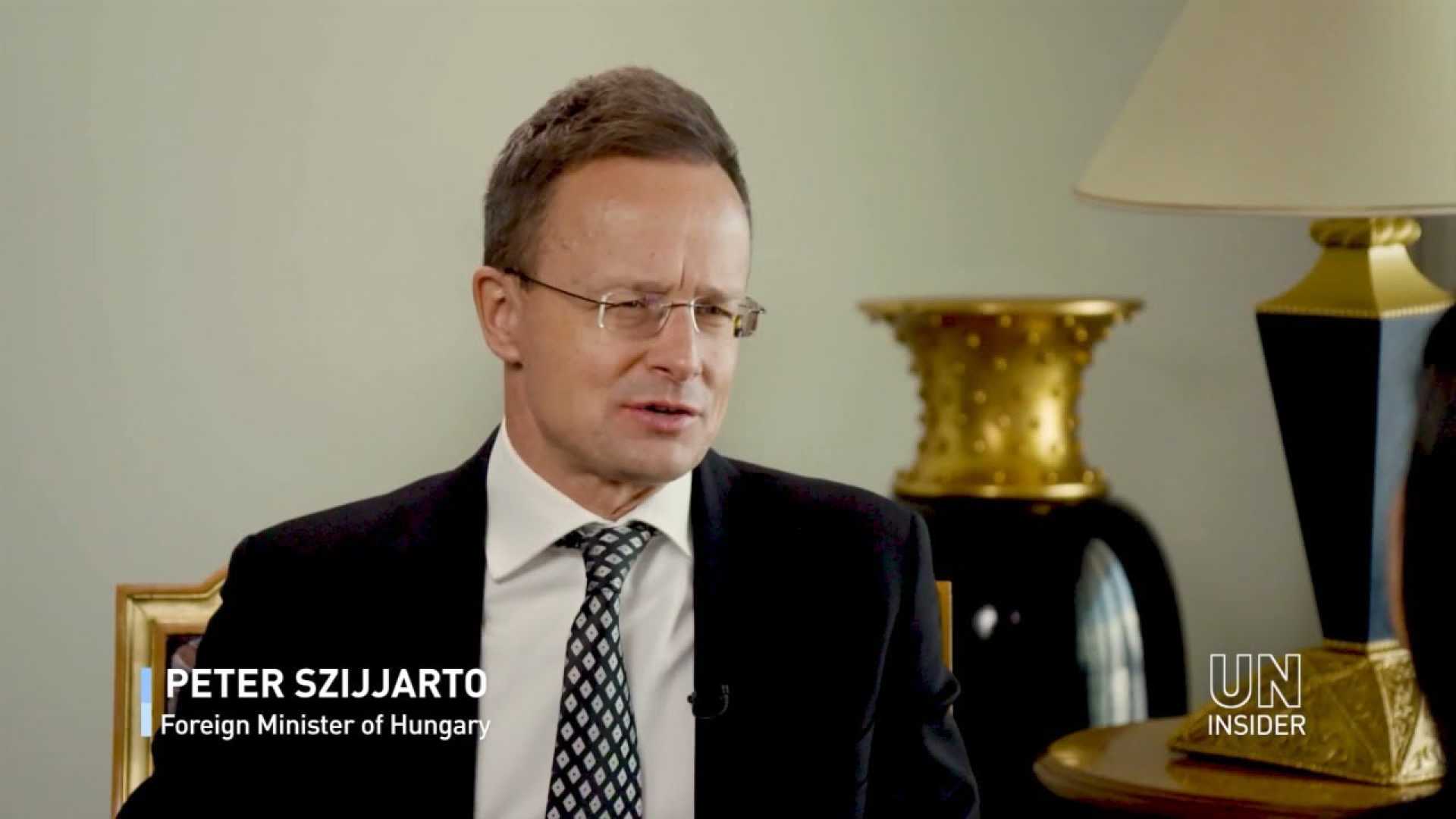World
Hungary Halts Russian Oil Flow After Ukrainian Pipeline Attack

BUDAPEST, Hungary — Russian crude oil shipments to Hungary and Slovakia were suspended Monday following a Ukrainian attack on the Druzhba pipeline, according to officials from both countries. Hungarian Foreign Minister Peter Szijjarto claimed that the strike targeted a transformer station crucial for oil transport.
Szijjarto denounced the attack as “outrageous and unacceptable,” indicating that Hungary’s energy security is at stake. He shared on X that he had spoken with Russian Deputy Energy Minister Pavel Sorokin, who mentioned that repair work was underway but did not provide a timeline for the resumption of oil deliveries.
The pipeline, built during the Soviet era, transports Russian crude to multiple Central European nations, including Hungary and Slovakia. Notably, Hungary has maintained its reliance on this supply line despite a broader EU effort to reduce dependency on Russian energy in light of the ongoing conflict in Ukraine.
In contrast, Ukrainian Foreign Minister Andrii Sybiha did not directly confirm the latest attack but commented on X that Hungary should redirect its concerns to Moscow. This incident follows a previous assault on an oil pumping station in Russia’s Bryansk region, which Ukraine claimed responsibility for on August 13.
The interruptions in service occurred just hours before a scheduled meeting in Washington between U.S. President Donald Trump and Ukrainian President Volodymyr Zelenskyy, signaling heightened diplomatic efforts regarding the conflict.
Slovakia’s pipeline operator, Transpetrol, confirmed that oil supplies to their country via Druzhba were also halted but stated that they had no further details about the reasons behind the suspension.
Despite the challenges, Hungarian oil company MOL reassured that regional oil supply security remains intact. They stated that technical repairs are in progress and expressed confidence that crude oil deliveries would resume soon.
As the situation develops, the response from Ukrainian defense authorities remains unknown, adding uncertainty to the already strained energy dynamics in Central Europe.












